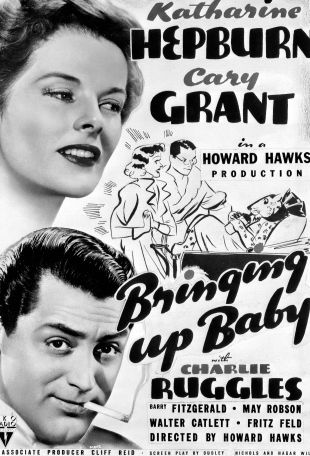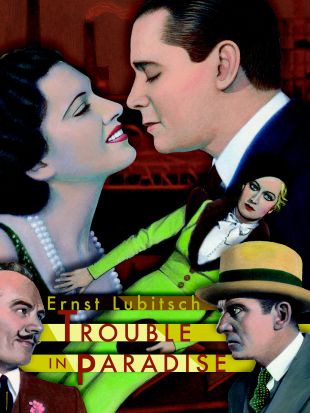Whimsical, expressive comic actor Charles Ruggles was the son of a Los Angeles wholesale druggist. Intending to become a doctor, Ruggles was sidetracked into theatre, making his debut in a 1905 San Francisco stock company production of Nathan Hale. Because of his medium height and flexible facial and vocal expressions, Ruggles was able to play everything from teenagers to grandpas during his formative years in stock. In 1914, the actor first set foot on a Broadway stage in Help Wanted. One year later, he appeared in his first film, a now-lost adaptation of Ibsen's Peer Gynt. Though there would be a smattering of subsequent silent film appearances, Ruggles' heart remained in his stage work -- he starred in such long-running productions as The Passing Show of 1918 (1918), The Demi-Virgin (1921), Battling Butler (1923), and his biggest stage success, Queen High (1930). While appearing in the Rodgers and Hart musical Spring is Here (1929), Ruggles made his talking picture bow in Gentleman of the Press (1929), portraying the first in what would turn out to be a long line of drunken reporters. In 1932, Ruggles was teamed with Mary Boland in If I Had A Million. The two farceurs worked so well together that they would subsequently costar in such memorable film comedies as Six of a Kind (1934), Ruggles of Red Gap (1935), Early to Bed (1936), and Boy Trouble (1939). By the late 1930s, Ruggles was securely established as one of Hollywood's favorite befuddled comedy-relief players, though in such films as Exclusive (1937) and The Parson of Panamint (1941) he proved equally expert at straight dramatics. In 1949, Ruggles began a 12-year movie moratorium, returning to the stage and distinguishing himself in television. He headlined two early TV series, The Ruggles and The World of Mr. Sweeney, and lent his vocal skills (sans screen credit) to the "Aesop and Son" component of the classic cartoon weeklies "Rocky and His Friends" (1959-61) and "The Bullwinkle Show" (1961-62). He returned to films in 1961, recreating his award-winning Broadway role in The Pleasure of His Company. Ruggles' best-remembered TV work of the 1960s included his recurring role as Mrs. Drysdale's rakish father in the popular sitcom "The Beverly Hillbillies." With the Disney film Follow Me, Boys! (1966) and the 1967 TV staging of Rodgers and Hammerstein's Carousel, Ruggles quietly brought his six-decade acting career to a close. A few years before his death in December of 1970, Ruggles was asked by a reporter what his future plans were. With the wry smile, twinkling eyes, and self-effacing humor that characterized his best screen work, Charlie Ruggles answered, "Forest Lawn, I guess. After you've played everything I have, there ain't no more."
Charlie Ruggles
Share on


/_derived_jpg_q90_310x470_m0/parent-trap-poster-art.jpg)